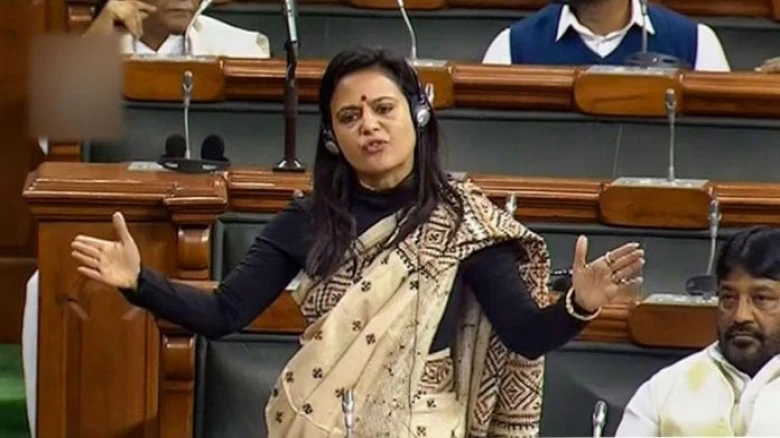Regional

In another scathing tweet, the TMC leader published a list of phrases that "can still be spoken in Parliament"....
Digital Desk: Trinamool Congress MP Mahua Moitra criticized the Lok Sabha Secretariat's list of "unparliamentary" words on Thursday (July 14) and poked fun at the government by equating it to the Ranjan Gogoi sexual harassment case. The booklet issued by the Lok Sabha Secretariat, which forbade the use of "unparliamentary" words like "jumlajeevi," "baal buddhi," "ashamed," and "abused," has sparked controversy and inspired the leaders of the Opposition to provide alternative definitions for the terms.
"My first of new twitter series on replacements for unparliamentary words. Banned word-Sexual Harassment. Replacement - Mr. Gogoi," Moitra said in a tweet.
On Friday, TMC MP Mahua Moitra continued to criticize the list of words that are "unparliamentary" and published the most recent entry in what she refers to as a Twitter series on "replacements for unparliamentary words."
"Banned word- Eyewash. Replacement- AmritKaal," she tweeted.
In another scathing tweet, the TMC leader published a list of phrases that "can still be spoken in Parliament", including contentious words used by BJP politicians in the past.
Following prominent Congress leader Rahul Gandhi, Moitra was the second opposition politician to criticize the government over the list of "unparliamentary" words. Rahul Gandhi previously referred to the collection as the "New Dictionary for New India." On the other hand, Derek O'Brien of Trinamool dared the government to take action against him and said he would use those terms.
The opposition parties have been strongly criticizing the new list of words as they believe it will make it more difficult for them to criticize the government because it includes some regularly used words like "ashamed" and "corrupt."
Leave A Comment